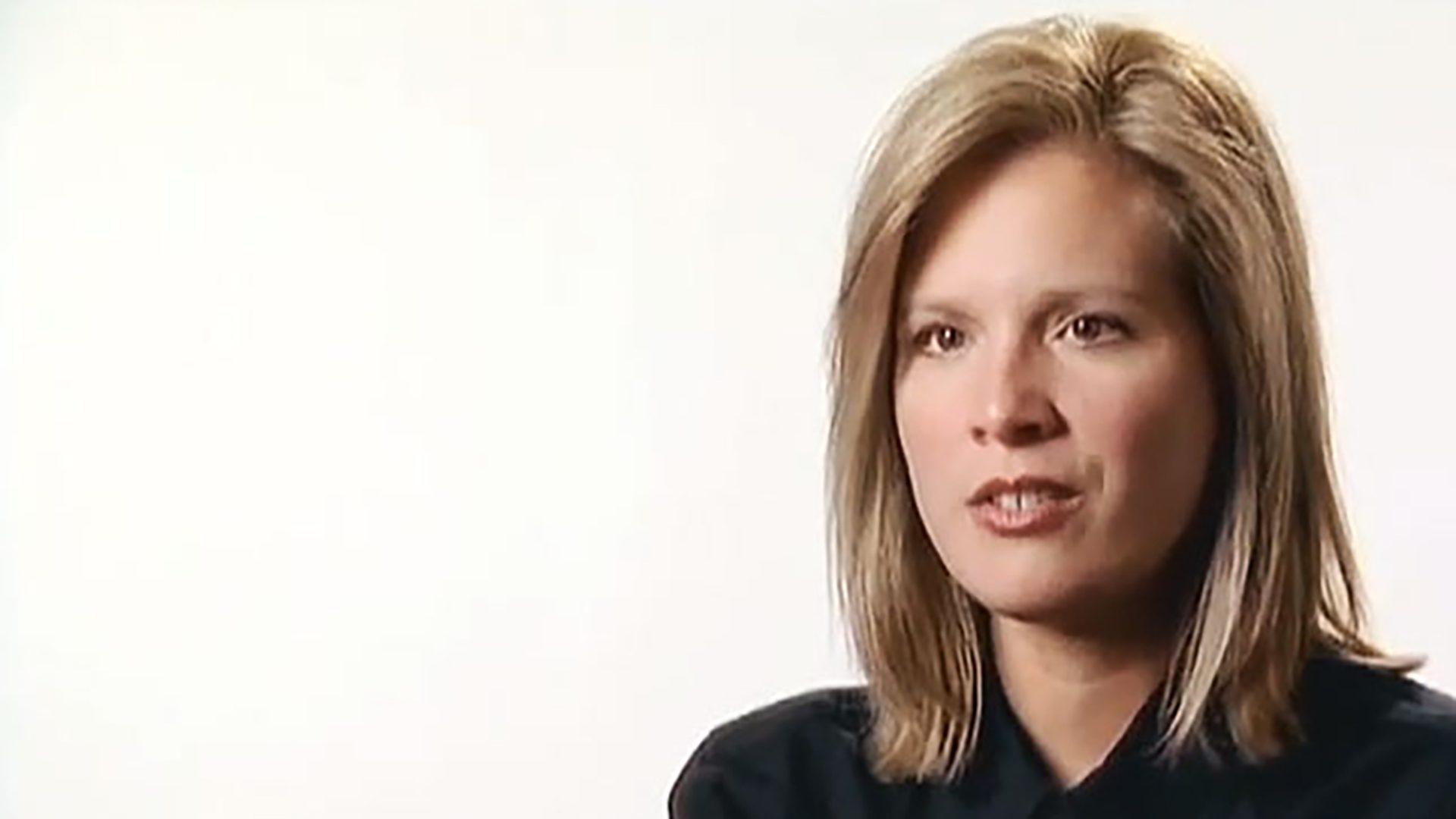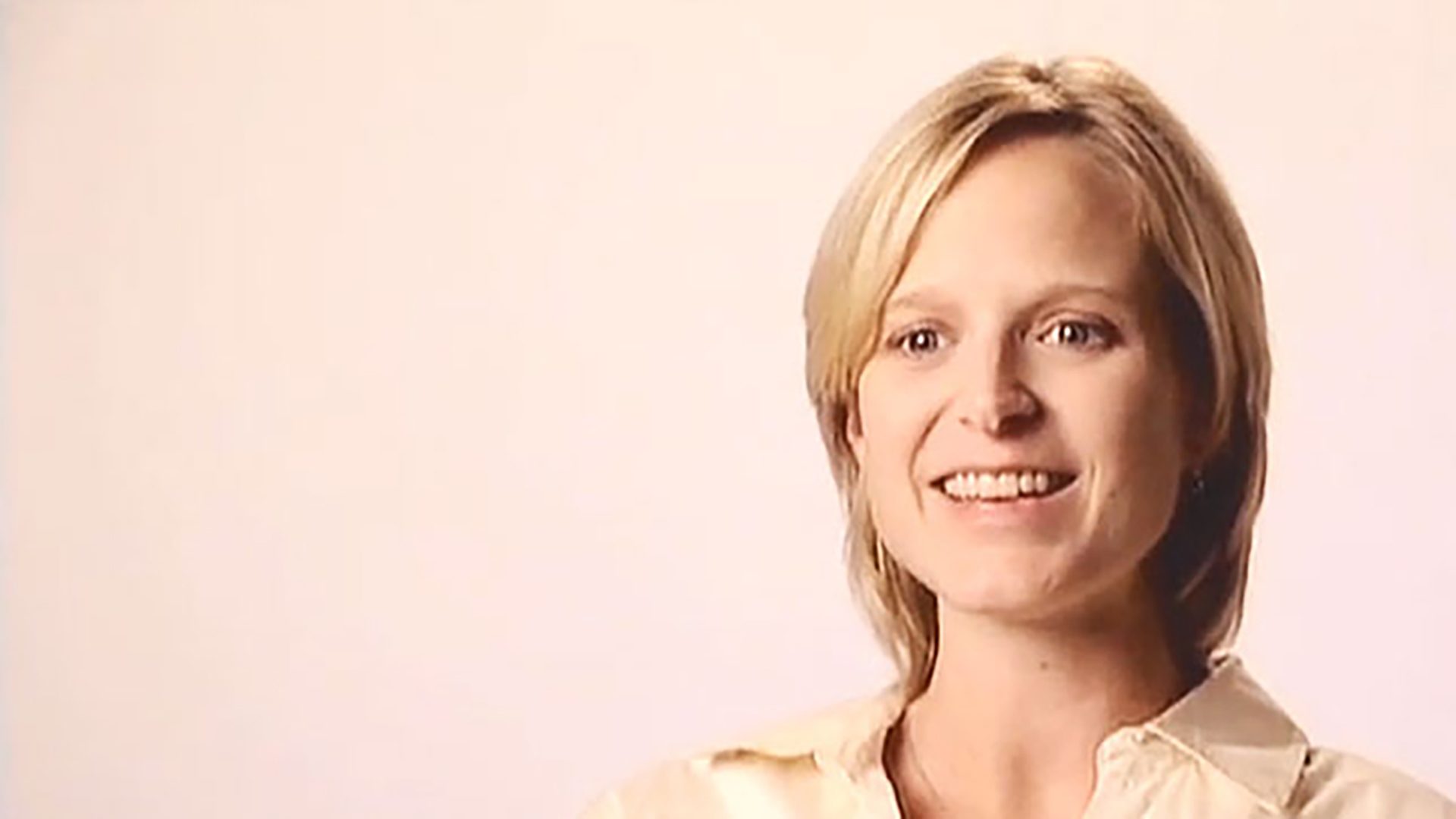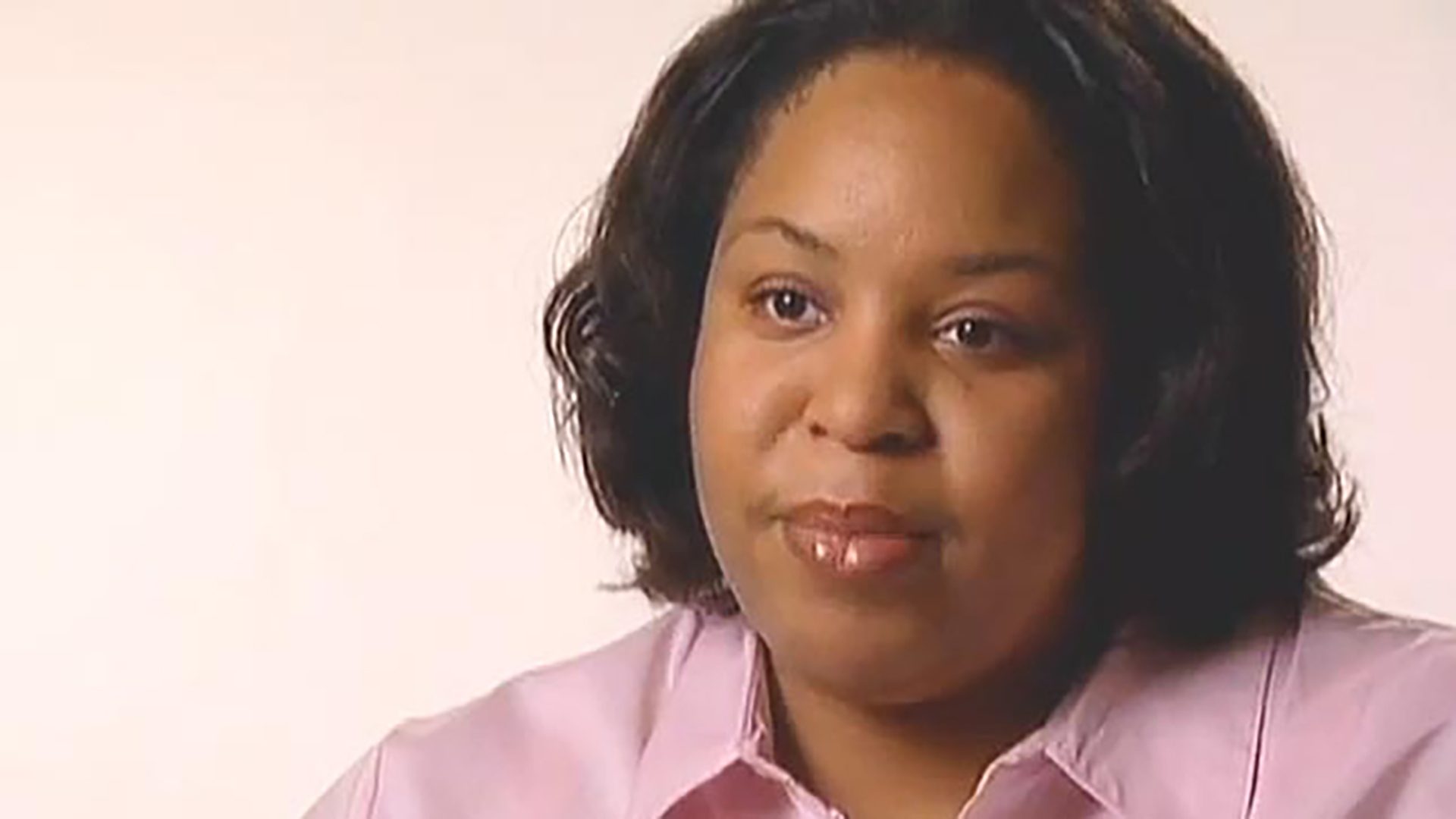Survivor Interview – Melanie T.
Melanie is a Hodgkin’s lymphoma survivor. She talks about spirituality, support from her family, memory loss and other cognitive changes she experienced.

My side effects during my treatment included a lot of pain in my bones from the Neupogen shots that help keep your white blood cells up. When I would get those, I had a lot of bone aches. I had decreased sexual drive, and I also had a lot of swelling from water retention because of the steroids I had been on for such a long time. Also during my radiation treatments, I ended up with some dermatitis. So, I had a lot of itching and breaking out of the skin that lasted up to two years. After my treatments I ended up with a small heart defect.
I put on a lot of weight with all the steroids they put me on. I probably had gone from 105 to about 150. That was very hard. Nothing fit. My face was as round as a ball. Everything else was as round as a ball. And it wasn’t that I was eating more. I had all this water weight that would not go away. I had stopped all athletics, because I had heard all the rumors, “You’re not supposed to exercise because this might happen or that might happen. Your portacath might come out. Or if you wear yourself down, then you’ll get an infection.” So I had stopped everything and just got really big and fat. And that was very hard to deal with.
One thing that I would suggest to anybody is that you just don’t go guns-a-blazing if you haven’t done any exercise in forever, because it takes a lot of time and it takes a lot of endurance training to get back to even maybe half of where you were. And if you haven’t done anything ever and then you think, “Well, today I’ll start exercising,” it’s even harder. But I would definitely say the exercise helped me regain my strength and regain what I wanted as a body image.
I still deal with the dermatitis every once in a while. It still just pops up out of nowhere. I also deal with the rapid heart rate caused from the radiation treatment I received. I also have a lot of scarring, chemo scars are what they call them, and it’s from the pigment in the skin turning colors, so I have a lot of that. If I’ve been in the sun, all of a sudden, I have a new mark. I also have a little bit of numbness that goes through my fingers from the chemotherapy. It still lingers in one hand, so the outside of my left arm and my pinky and ring finger on my left arm all the way up to the inside of my arm is numb.
The heart defect doesn’t bother me. I have learned my limits. When I train for the Danskin Triathlon or anything like that, I have to train with a heart rate monitor. My heart rate is not what the normal heart rate scale is, so I have to monitor my own when I’m doing something really strenuous. I’m not gonna keel over, it’s just a very rapid rate that causes a lot of problems with breathing, and a lot of problems with recovery. So, I have to monitor it during exercise and also if I have babies.
My fertility was an issue that I had brought up. I had no menstrual cycles during the whole time that I was going through chemotherapy and up to two years afterwards. It was a total of three years before I’d had my first menstruation. With the type of chemotherapy I had received, I was told that I should have no problems. But again, what you’re told and what you feel sometimes can put doubt into your mind.
I have two babies. So the doctor was right and I was wrong. I never took any fertility drugs. I have had no testing outside of just finding out if I could ovulate. While I was on chemotherapy, it was recommended that I stayed on birth control pills. So when I got off the birth control pill, I just started a natural family planning course that taught me how to read my own body signs, temperature, mucus, and all that kind of fun stuff. Low and behold, that kind of stuff actually works. Now, I’m very fertile, too fertile sometimes.
I would say my biggest problem is my memory. My memory is horrible. I used to be a complete organizer. I could multitask like no other. I have lost that ability. I also have lost the ability to remember a big chunk of my life. I really can’t remember a lot from my college days. That could be good, but really I was a singer, and I’ve lost the ability to remember songs I sung, scales, how to practice, how to get my voice back, and that has been very difficult for me to swallow. I think it was just one of those things that I’ve set aside for this time, but my memory is horrible. I have a hard time finishing sentences sometimes. Some of that, I know, is still chemo brain. Some of it is because I haven’t slept in three years since I have two children, but I know that a lot of it is from my chemotherapy, especially the ability to multitask.
Cancer definitely took away my control. There were days when I wanted to get up and do something, but I was just too tired. Having a plan definitely helped, but it didn’t always mean that I could complete the task for that day. So that threw me back into frustration, but I’d just get back up and march forward again the next day. With every bad comes good and with every good comes bad, and then once again, the good comes back.
I really had a hard time trying to figure out “Why is this happening to me? What is the meaning?” And I wanted to find out, what is the meaning of this? For me, my personal experience is I have always been a very faithful person. During my college years, like a lot of people, we seem to walk away from what our parents have instilled in us. For me, it was a reconnecting of that spirituality, finding myself, finding what was important to me morally, ethically, etc. So, during that time period, I was actually able to regain that. For me, cancer meant a slap in the face of, it’s time for you to come back. And so, that’s where I did end up going was back, back to my roots, back to my morals, back to my ethics, back to my spirituality.
My relationship with my family has definitely changed. I came from a divorced family, with a mother and a father who pretty much despised each other for all my life up into my adult life. When I was diagnosed, I literally wrote them a letter to each of them, my stepmother, my mother, my stepfather, and my real father that said, “It is time for this to be over. It is time. I know I’m going to survive, but there is always that possibility that I could get infection and die. And what are you going to do? Are you going to be pointing fingers at each other saying this had happened and that happened? Are you going to want to celebrate what you had created and what you were able to parent and what you as parents stood for?” And that was me. So since then, I have definitely been a lot closer with my parents and I can actually say that my parents can now all be in a room together. Having my family become a family again has definitely been one of the best things in my life.
Survivorship to me probably would mean you’re part of a club. You are part of an institution of unique people who have all had to deal with something very hard. Survivorship means you are a survivor; therefore, you’re supposed to move forward. You can’t sit back. You can’t dwell on, “But this has happened to me. And what if I get sick?” Well, ‘what ifs’ can take you to an early grave. You’re supposed to take your life and make it into something good.
A lot of people are only given one chance in this world. For us, we’re given more than one. You are the only person that can make whatever you want out of your life. I definitely have gone full speed ahead with my life. If Lord forbid I ever get sick again, I want my children to look at me and say, “That’s my mom, and she lived a good life. She loved life.” That’s what I want them to know.
I’m Melanie Tucker, I’m 31 years old, and I am a six-year cancer survivor.

